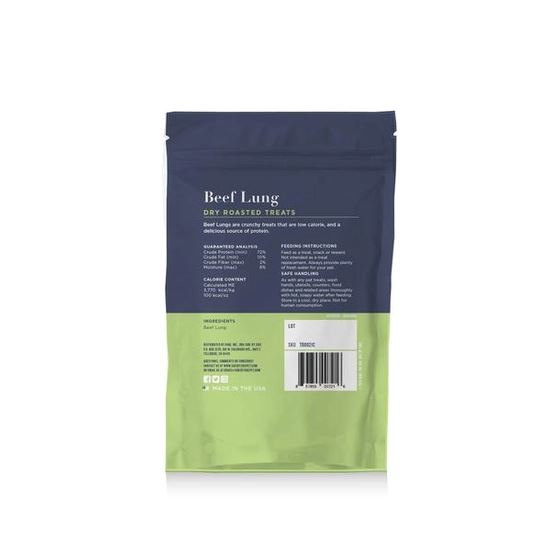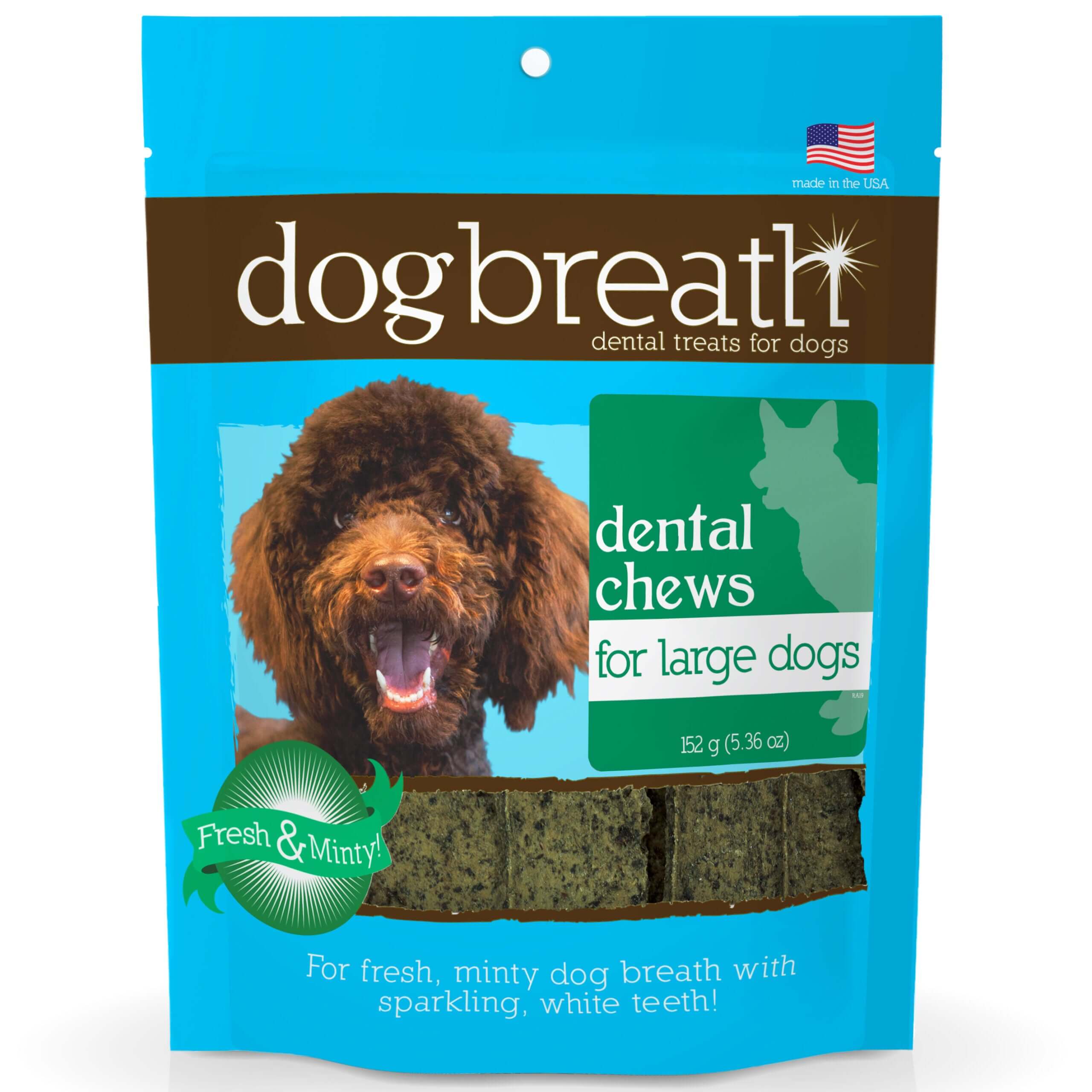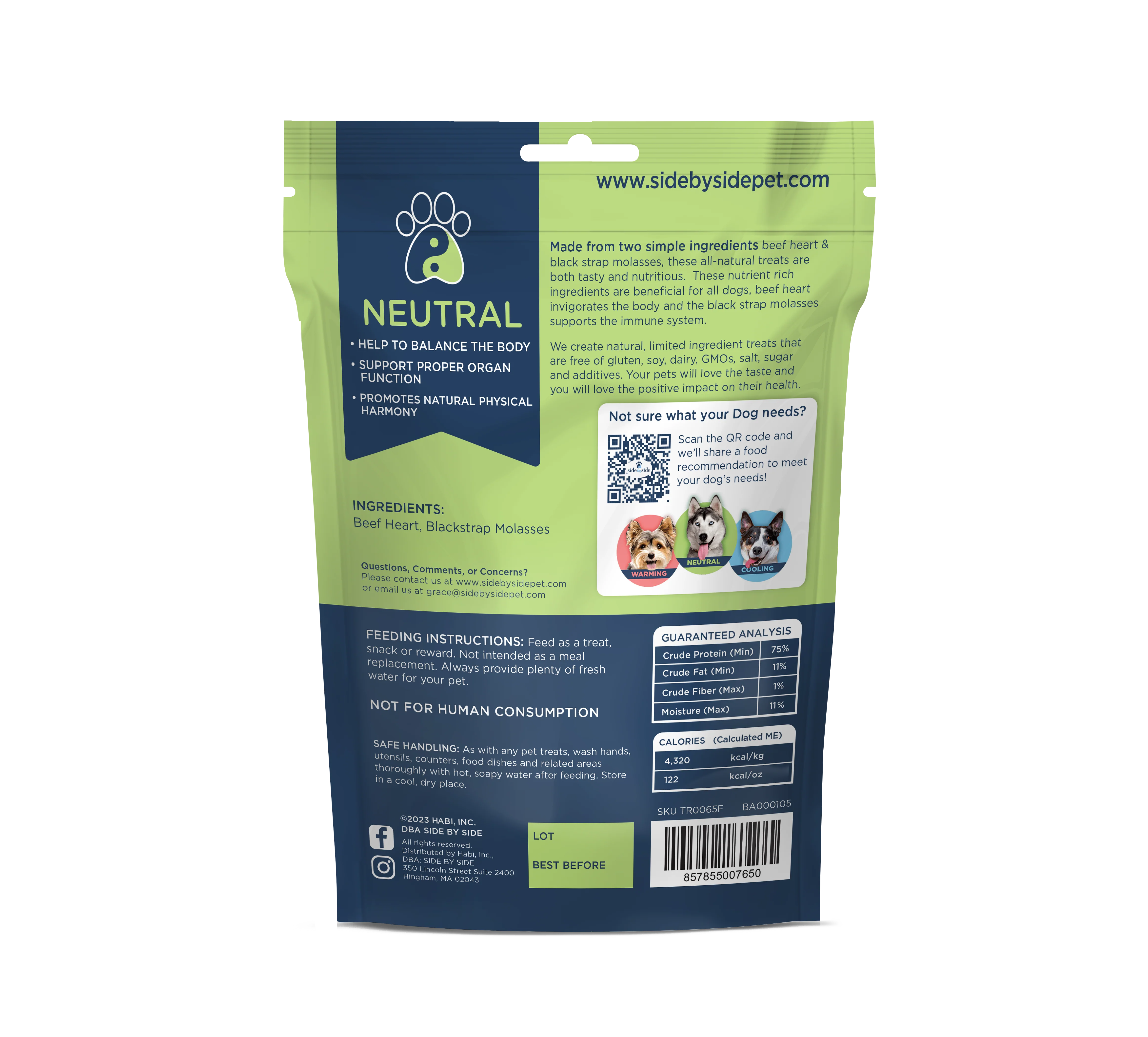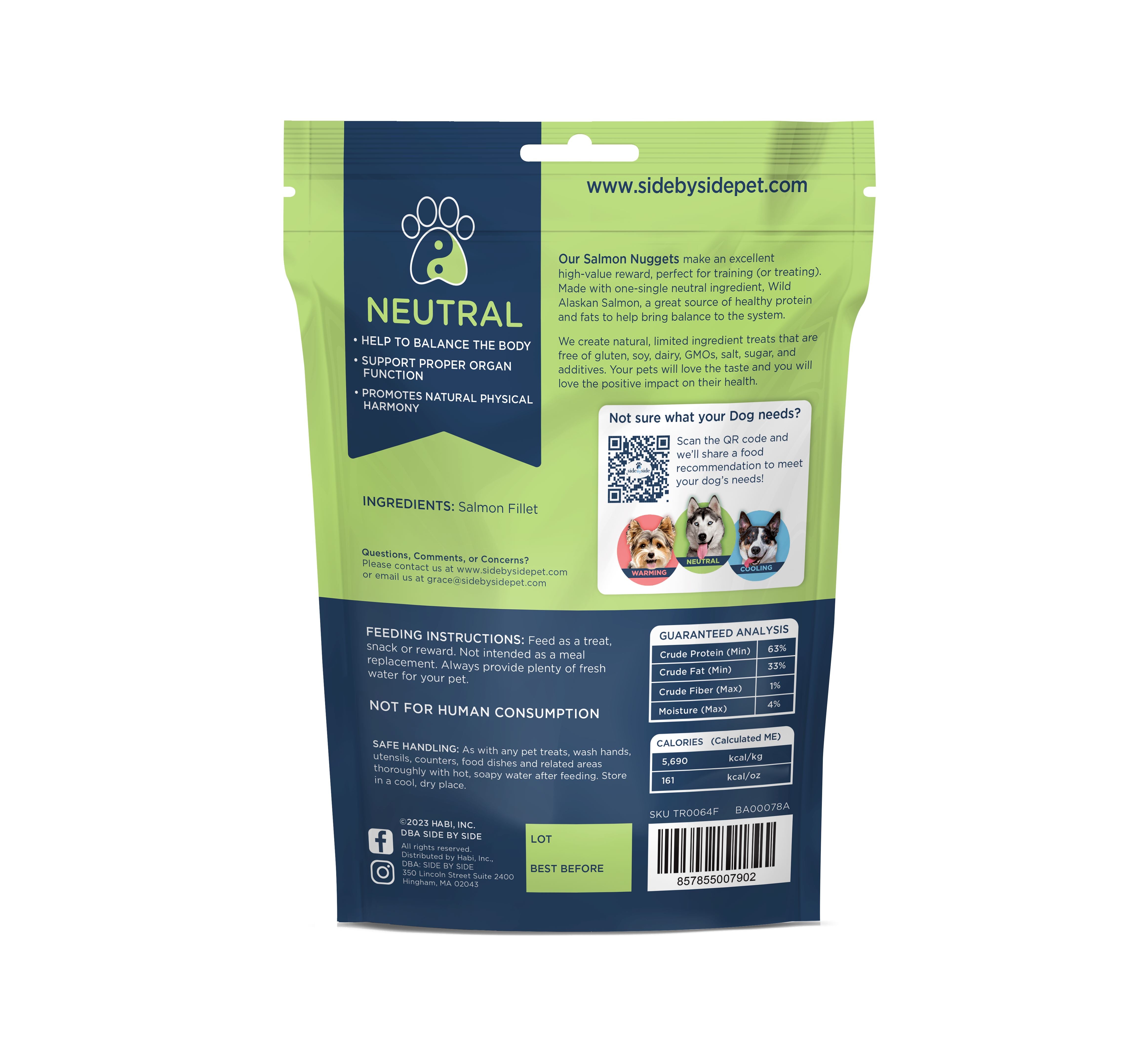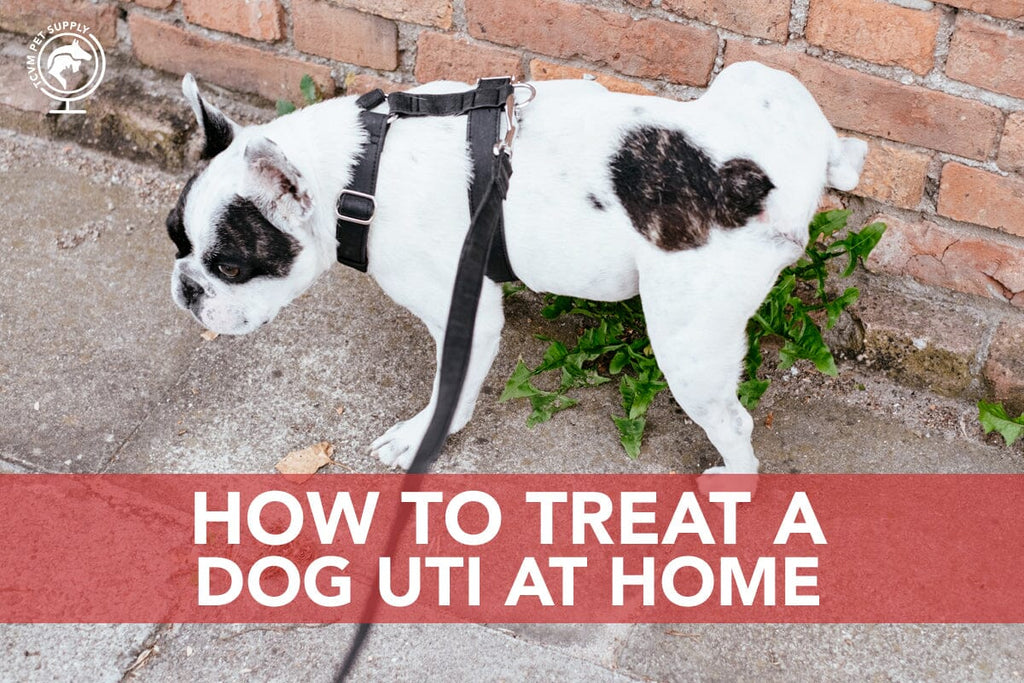
How to Treat a Dog UTI at Home

If you need to know how to treat a dog UTI at home, we can help.
First, let's look at what usually causes dog UTIs.
Common Causes of Dog UTIs
If this is your dog's first UTI, your probably wondering what might have caused the UTI in the first place.
Urinary tract infections (UTIs) in dogs can be caused by various factors.
Below are some common causes:
- Bacteria: The most common cause of UTIs in dogs is the presence of bacteria in the urinary tract. Bacteria can enter the urinary system through the urethra and multiply, leading to infection. The most common bacteria involved in UTIs in dogs is Escherichia coli (E. coli). However, other types of bacteria can also be responsible.
-
Poor hygiene: Inadequate hygiene in the genital area can increase the risk of UTIs. Bacteria from the surrounding area or the dog's feces may enter the urethra and lead to an infection. Female dogs are generally more prone to UTIs due to their shorter urethra, which provides a shorter distance for bacteria to travel.

- Urine retention: When urine is not voided regularly, it can create an environment favorable for bacterial growth. Conditions such as bladder stones, tumors, or urinary tract abnormalities can hinder normal urine flow and contribute to the development of UTIs.
- Weak immune system: Dogs with weak immune systems, such as those with underlying health conditions or those undergoing specific medical treatments, may be more susceptible to UTIs. A weak immune system can make fighting off bacteria and preventing infections harder for the body.
- Diabetes: Dogs with diabetes have an increased risk of developing UTIs. Elevated blood sugar levels can create an environment conducive to bacterial growth and therefore increase the likelihood of infection.
- Other factors: Some additional factors that can contribute to UTIs in dogs include anatomical abnormalities, hormonal imbalances, medications that affect urinary tract function, or trauma to the urinary system.
Please keep in mind the list above explains some general causes of dog UTIs.
The specific cause of a UTI in a particular dog should be diagnosed by a veterinarian.
Your vet will perform tests, like a urinalysis or urine culture, to determine the underlying cause and recommend appropriate treatment.
How To Treat Your Dog’s UTI at Home
First, it's crucial to realize dog UTIs typically require veterinary attention for an accurate diagnosis and appropriate treatment.
However, here are a few things you can do to support your dog's comfort and well-being while waiting for a veterinary appointment:
-
Increase water intake: Encourage your dog to drink more water to help flush out bacteria from the urinary tract. Fresh and clean water should be readily available at all times.

- Frequent bathroom breaks: Take your dog out for regular bathroom breaks to ensure they can urinate often, which helps flush out bacteria.
- Cleanliness and hygiene: Keep your dog's genital area clean and dry to prevent the spread of bacteria. Also, avoid using harsh soaps or chemicals that could irritate the area.
- Cranberry supplements: Some studies suggest cranberry supplements may help prevent UTIs in dogs but may not be effective for treating an existing infection. Please check with your veterinarian before giving any supplements.
- Avoid holding urine for too long: Ensure your dog has ample opportunities to relieve itself. Holding urine for long periods can promote bacterial growth and worsen the infection. Also, holding urine too long is very uncomfortable when your dog has a UTI.
And remember, the above measures don't replace professional veterinary care.
It's important to consult with a veterinarian who can properly diagnose the UTI and recommend appropriate treatment, which may include antibiotics.
Untreated UTIs can lead to more severe complications, so seeking veterinary attention for your dog is crucial.
Complications of Untreated Dog UTIs
If you don't get your dog's urinary tract infection (UTI) treated by a veterinarian, several complications can arise.
Therefore, it's crucial to understand UTIs are bacterial infections needing medical attention.
Without proper treatment, the condition can persist, worsen, and possibly lead to the following issues:
- Spreading of infection: UTIs can progress and spread to other parts of the urinary system, such as the bladder, ureters, and kidneys. In addition, the condition can become more severe and harder to treat as it advances.
- Kidney infection: If the UTI is left untreated, bacteria can ascend from the bladder to the kidneys, causing a kidney infection. The condition can eventually lead to kidney damage or even kidney failure if not quickly treated.
- Chronic UTIs: Failure to treat an initial UTI properly can increase the risk of chronic or recurrent UTIs. The infection may temporarily clear up on its own, but it can return and become a persistent problem.
-
Bladder stones: certain infections can alter urine pH and also promote the growth of bladder stones.

- Pain and discomfort: UTIs can cause significant discomfort and pain for your dog. Symptoms like frequent urination, straining to urinate, blood in the urine, and general discomfort can persist and negatively impact your dog's quality of life.
- Systemic infection: In severe cases, the bacterial infection from the UTI can enter the blood stream, causing a septic condition.
Again, seeking veterinary care is essential if you suspect your dog has a UTI.
Your veterinarian can accurately diagnose the infection, prescribe appropriate treatment, and then provide guidance on managing the condition effectively.
In addition, promptly treating UTIs can help prevent complications and ensure the well-being of your dog.
Does Your Dog Suffer from Chronic UTIs?
Does your dog suffer from chronic UTIs? If so, we have a product that may help.
PET | TAO Soothe Bladder is an all-natural supplement created by our veterinarians, Dr. Smith and Dr. Damron.
It provides:
-
cranberry - reduces the risk of UTIs

- juniper berry - helps the body flush out uric acid and excess crystals
- marshmallow root - soothes inflamed tissues and protects tissues while passing stones
- uva ursi - eases swelling of the bladder and urinary tract
- kochia - soothes inflammation and promotes urination
- poria - promotes urination
- polyporus - promotes urination and detoxifies
The herbs in Soothe Bladder help dogs feel better and promote urinary tract health, helping to make it inhospitable to bacteria.
And remember, please check with your veterinarian before adding new supplements to your pet's health protcol.
Learn More About PET | TAO Soothe Bladder
Sources:
- UTIs in dogs. (n.d.). Small Door Veterinary. https://www.smalldoorvet.com/learning-center/medical/utis-in-dogs
- UTI in Dogs: Symptoms, Diagnosis, and Treatment | Bond Vet. (n.d.). Bond Vet. https://bondvet.com/b/uti-in-dogs-symptoms-diagnosis-and-treatment
- Hisano, M., Bruschini, H., Nicodemo, A. C., & Srougi, M. (2012). Cranberries and lower urinary tract infection prevention. Clinics, 67(6), 661–667. https://doi.org/10.6061/clinics/2012(06)18
















